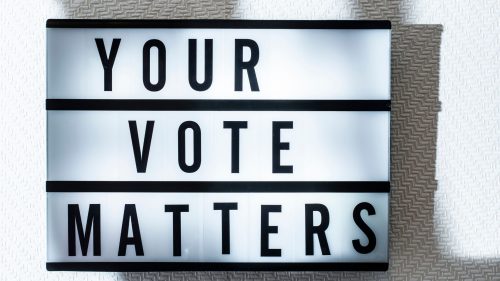A mental health survey shows that 55 percent of Americans think Election Day 2020 will be the most stressful – fulfilling day of their lives. With political divisions at historic highs, the poll found that most of the country believes that the most significant day in US political history – the 2020 election – has not even come. The OnePoll survey looked at the mental health of more than 1,000 adults in the United States, focusing on the stress caused by COVID 19 and the presidential campaign. More than a third (33 percent) of those surveyed said the 2020 election is becoming the most stressful moment of their lives.
Interestingly, older adults in the Biden states suffered higher mental health problems than younger adults, such as depression and anxiety. Conversely, people in states with a higher percentage of young adults (18-29 years old) predicted lower mental health outcomes on Election Day 2020. While these differences remained statistically unchanged, mental health problems were more common among older Americans, the reports stated.
Mental illness affects everyone, and it is our responsibility to ensure that voters recognize their vote’s impact. APA also suggests staying active and accepting that we may not know the election results before election day, but accepting the fact that in a democracy, we have control over whom we vote for. We have the choice at the ballot box, and we choose the candidates, not the other way round.
An older study found that residents of states with a Hillary Clinton majority experienced higher depression and anxiety levels in the months after the election in December than in October. The researchers found that Clinton’s lead in those states was primarily due to increased mental health problems among voters in those states.
Black men, on average, reported experiencing higher levels of depression and anxiety in the months leading up to the election than white men. In the subgroup analysis, only men in Trump states had higher mental health rates than their white counterparts in January 2017.
Click here to see more about the mental health data and Election Day data for the November 3, 2020 elections that will be used to do so.
The results suggest that the outcome of the 2016 election had little impact on voters’ health in states where an inferior candidate is running. However, millions of Americans could expect their mental health to decline if they live in a state that favors a losing candidate.
The 2020 presidential election could significantly impact Americans growing mental health needs and the public health challenges that need to be addressed.





